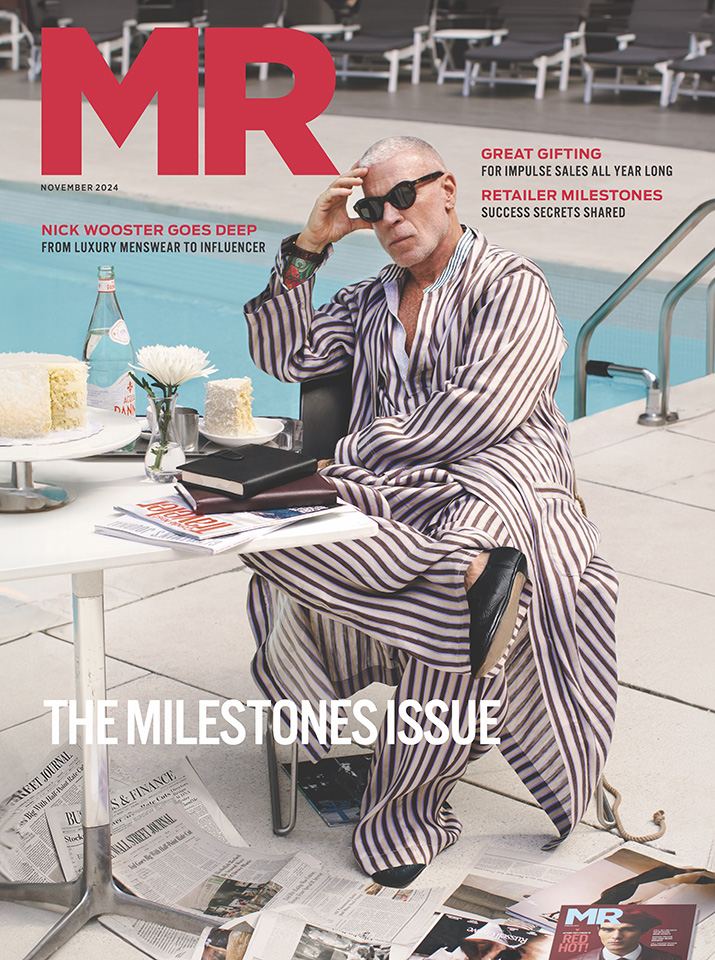How The Sharing Economy Is Shaping The Future Of Retail

In 2008, a startup called Airbnb began to popularize the sharing economy. The concept was simple: If you have extra space in your home, list it on Airbnb and people will rent it out. You get paid and the visitor has somewhere cheaper and homier than a hotel to stay. A year later, Uber arrived on the scene and people began sharing their cars and driving services in exchange for cash. In both cases, similar questions around sharing, safety and legality arose. By 2016, nearly 45 million people in the United States were participating in the sharing economy. A Bloomberg article from the same year estimated that for each dollar spent on UberX, the social value for consumers was $1.60. And the number of sharing-economy participants is only projected to increase to 86.5 million by 2021. Read more at Forbes.

